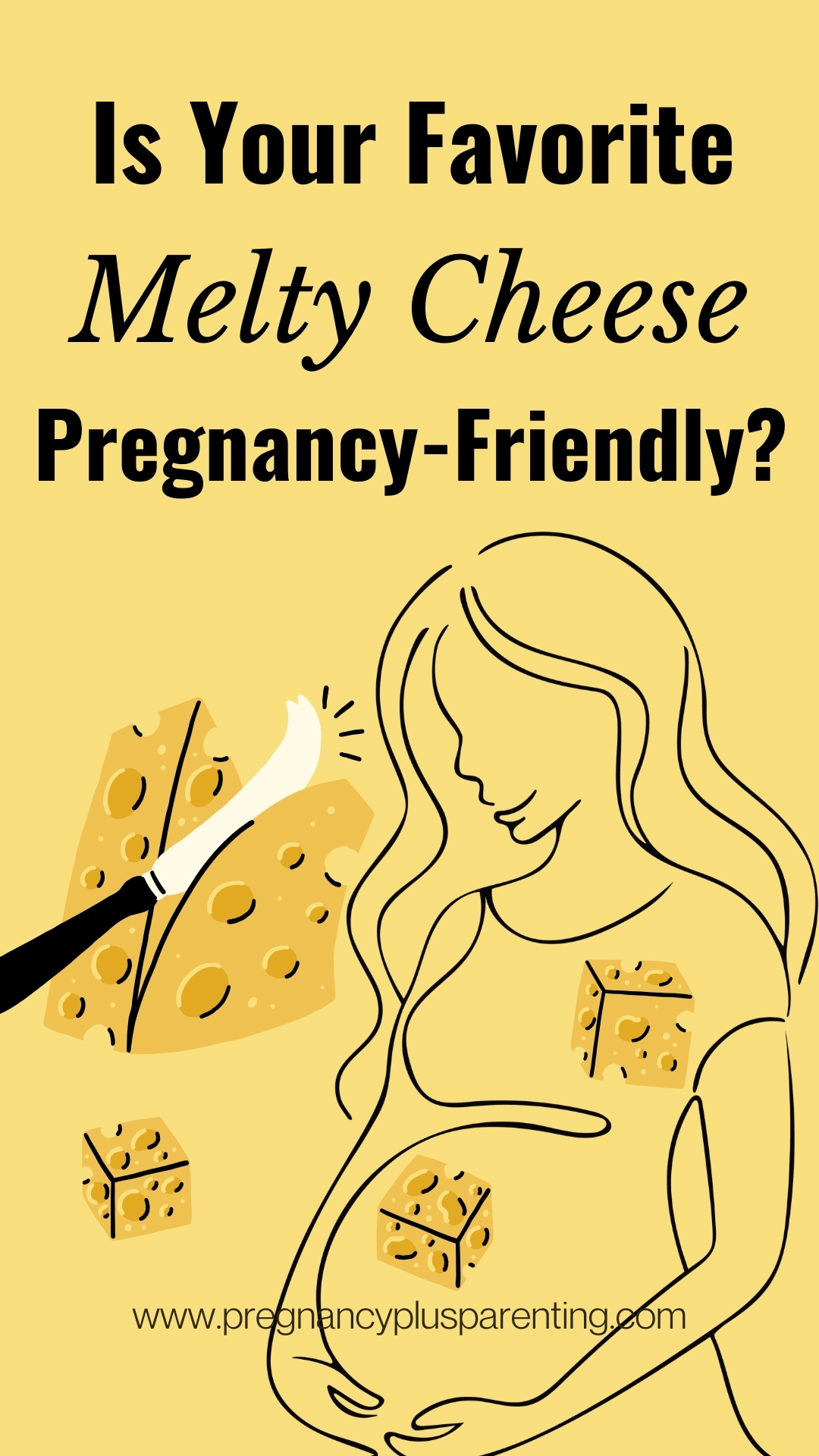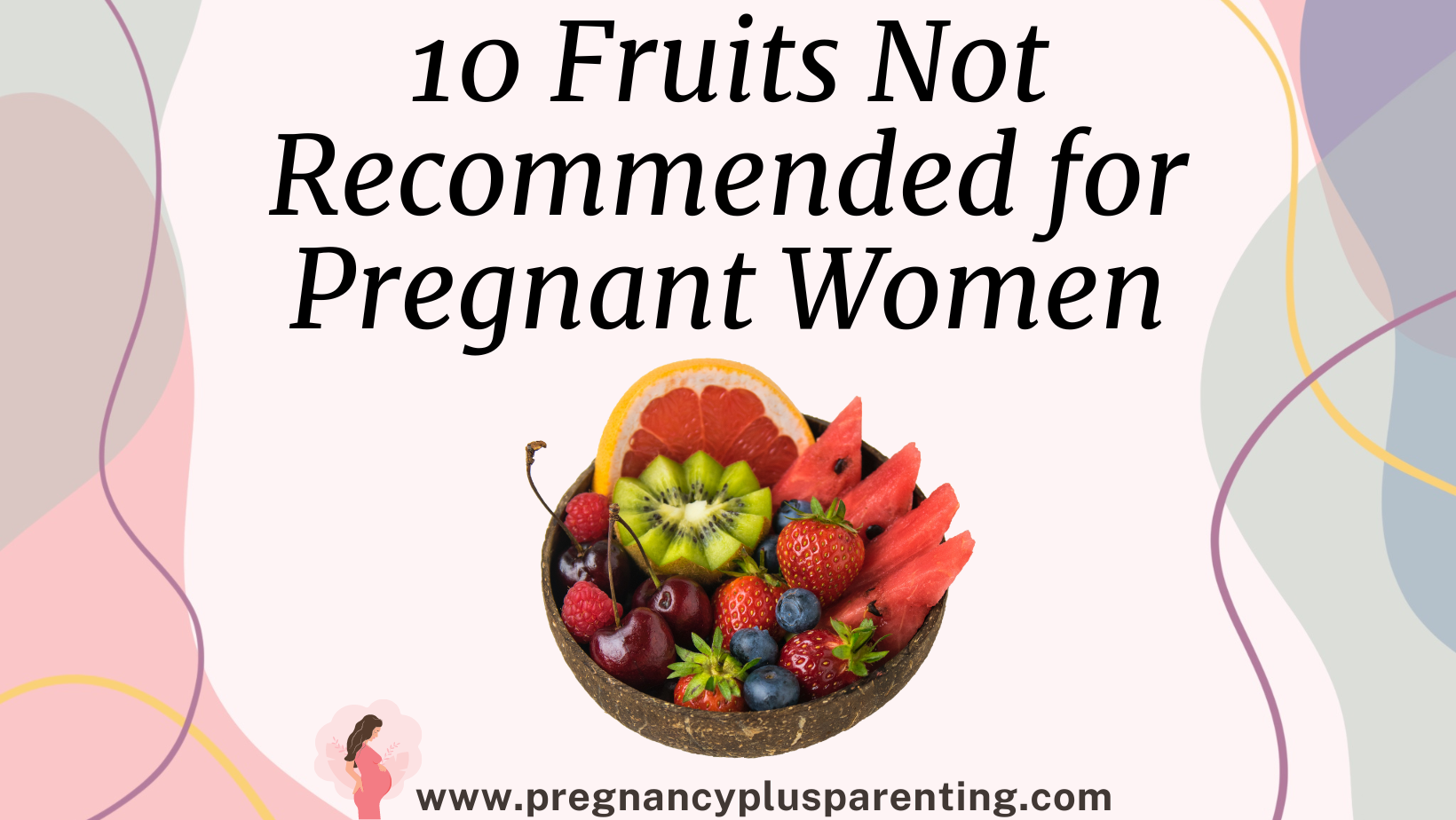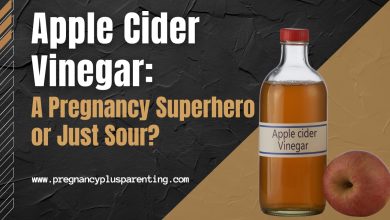Is Your Favorite Melty Cheese Pregnancy-Friendly?
It’s clear that you shouldn’t eat raw milk cheese, but what about processed cheese during pregnancy?
And anyway, what kind of cheese is this?
Pregnant women usually want to know exactly what they’re eating. This is a good thing, of course, because a healthy diet is essential for both mother and baby during pregnancy .
Unfortunately, expectant mothers don’t have it easy when it comes to cheese. While there’s no denying that it’s healthy, many delicious cheeses are taboo for pregnant women.
In this article, you will learn what makes processed cheese special and whether it is on the red list or not.
Processed cheese during pregnancy – The first cheese on the go
Switzerland is known for its delicious cheeses.
When people tried to export Emmental cheese there more than a hundred years ago, they discovered that it arrived at its destination inedible.
After all, there were no sophisticated cooling options for longer transport routes.
So the idea came up to produce a cheese that would keep even without refrigeration.
The credit goes to a Swiss man named Walter Gerber, who discovered that when you boil cheese fondue with wine, it is only salt that gives the fondue its melting consistency.
Now it was no news that salt is good for preserving food.
But Gerber was the first to apply this process to cheese, producing the first processed cheese in 1911. It’s still done today, just as it was then.
Processed cheese is actually 50% cheese, but sometimes an even lower proportion of cheese may be used in its production.
Different types of cheese are combined to create different flavors.
During production, the selected cheese wheels are first crushed and heated or pasteurized as gently as possible to preserve the valuable nutrients such as protein and minerals.
The homogeneous and fine structure is created by the addition of melting salts. Fat, protein, and whey do not separate.
The processed cheese is then refined with cream and herbs or spices if necessary.
The melted, homogenous mass is poured into molds and finally packaged. Unopened, processed cheese has a long shelf life.
We know it in various forms, whether as cheese wedges to take away, as slices for topping toast and burgers or as freshness trays for cooking.
Milkana processed cheese during pregnancy – The manufacturer states that it uses GMO-free milk to produce the products.
This includes milk from over 300 farms in the Allgäu region. In 2010, Milkana received the Gold Medal from the German Agricultural Society.
Processed cheese during pregnancy – Yes, you can!
As you probably already suspect, you can eat processed cheese even when you are pregnant because it is made from pasteurized milk.
During production, this is heated to over 70 degrees Celsius so that any Listeria pathogens are completely killed.
So you can safely put processed cheese on the list of permitted dairy products alongside cream cheese, mozzarella , ricotta , Gouda, sour cream , crème fraîche , etc.
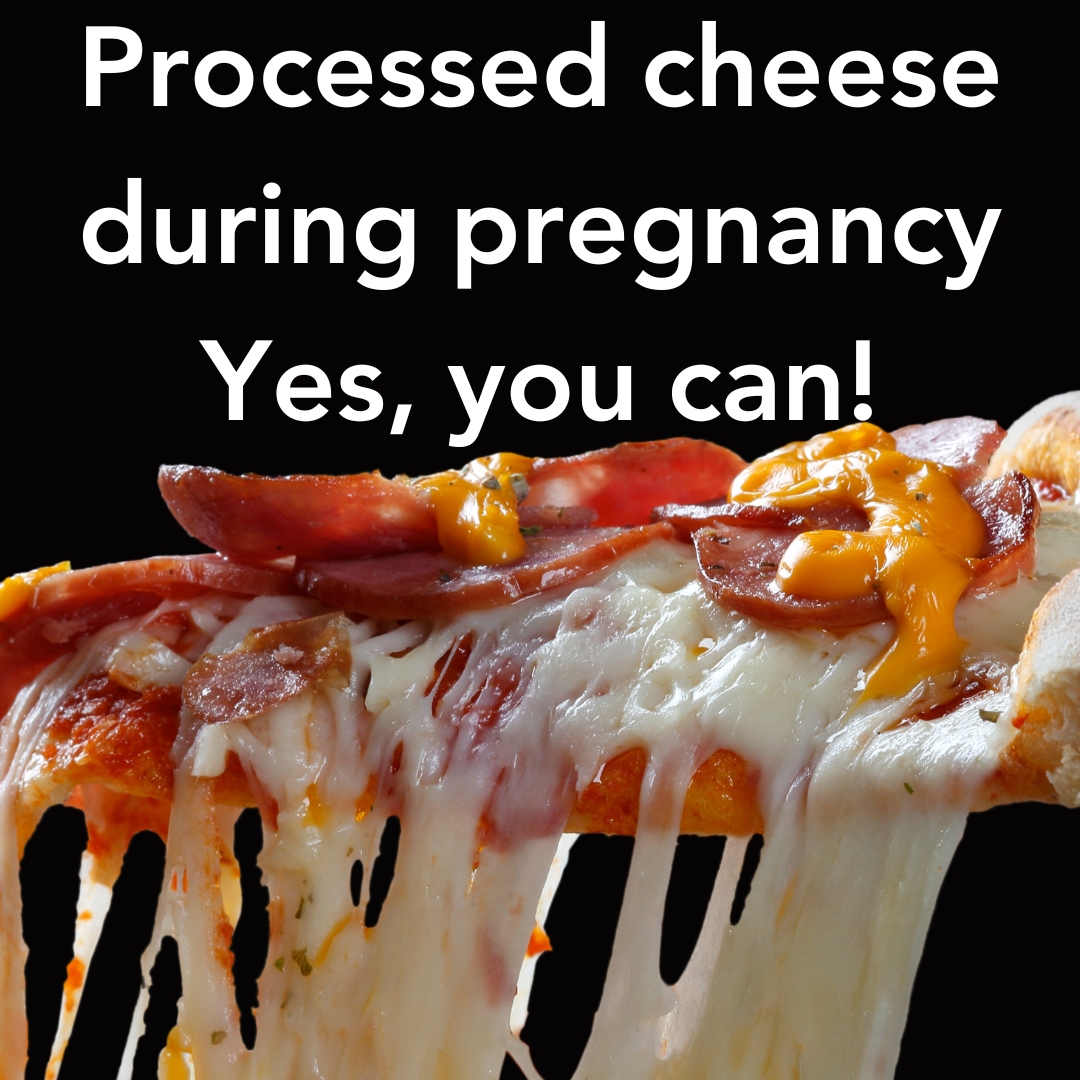
Processed cheese during pregnancy – what should you keep in mind?
Not much, actually. As with other cheeses, you should be careful not to buy processed cheese from open containers, but rather buy industrially produced and packaged cheese.
At the fresh food counter, food is left out in the open and is therefore more likely to be contaminated with bacteria and germs such as listeria and salmonella.
So, you should only eat processed cheese in a restaurant or snack bar if you’re absolutely sure the food is fresh. It’s best to avoid any risk.
And you shouldn’t store the opened package of processed cheese in the refrigerator for long, but consume it within a few days.
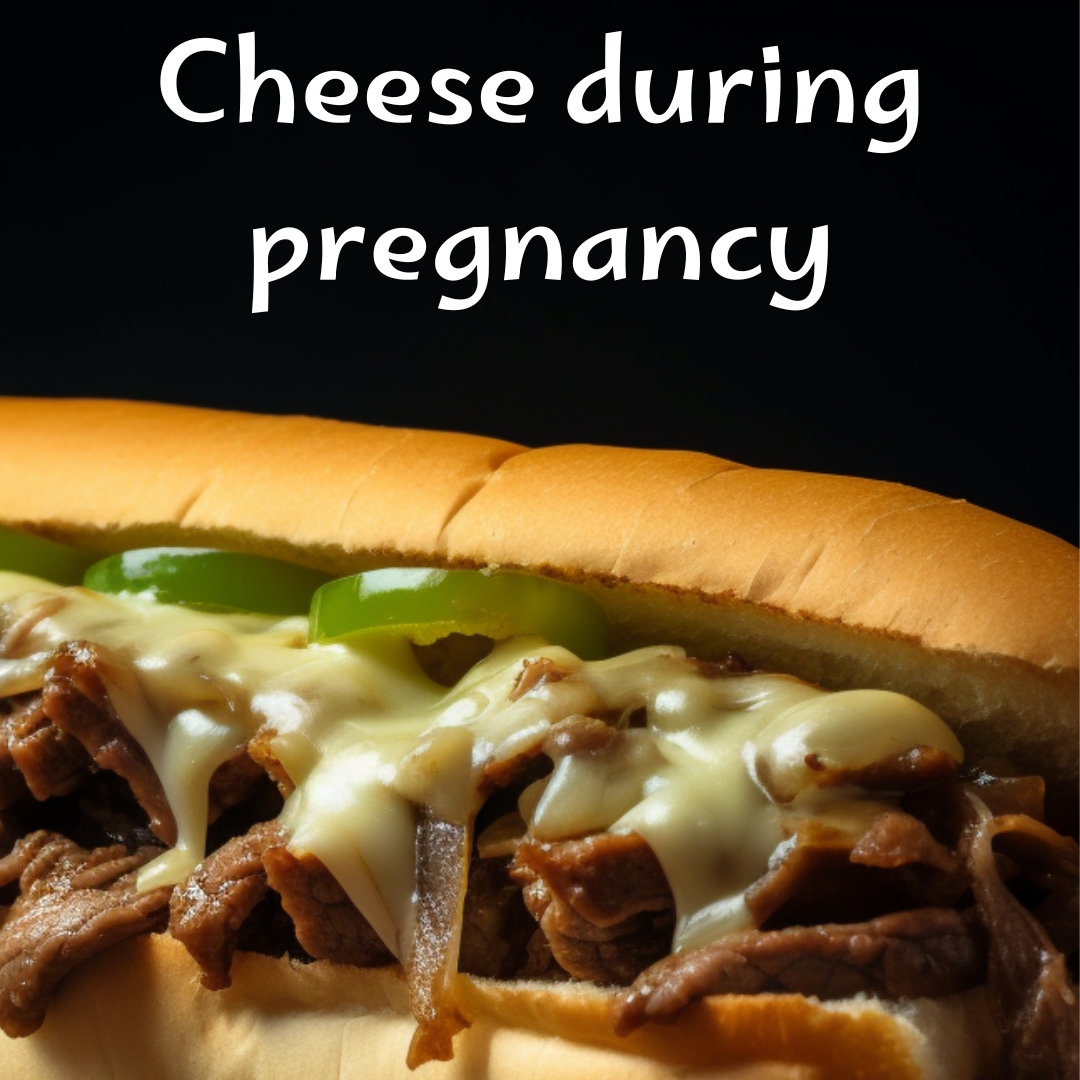
Cheese during pregnancy – A brief overview of cheese varieties
A healthy diet is also important during pregnancy because pregnant women have an increased need for nutrients.
Consuming dairy products can help meet this need.
Cheese is rich in calcium, which nourishes and maintains bones and muscles. B vitamins in dairy products help build the nervous system and regulate energy levels.
For example, vitamin B12, which is found in mature cheese, is involved in the formation of red blood cells.
However, not all cheeses are suitable during pregnancy. Raw milk products and raw foods of animal origin are taboo, as they can be contaminated with germs and bacteria.
Although listeriosis and toxoplasmosis are generally harmless for healthy adults and can even occur without symptoms, the immune system of pregnant women is weakened and the baby’s immune system is not yet developed.
The pathogens can cross the placental barrier and harm the unborn child.
In case of infection in the first trimester, miscarriage may occur.
In later weeks of pregnancy, there is also a risk of malformations and serious illnesses.
Therefore, it is best to avoid the following types of cheese:
• Raw milk cheese of any kind (except Parmesan and very long matured hard cheeses such as certain types of mountain cheese )
• Soft cheeses such as Camembert and Brie
• Cheese with blue mold such as Gorgonzola
• Cheeses with a red-yellow rind such as Harzer cheese, Handkäse, Limburger, Tilsiter, Mainzer and Münster
Pickled cheese or cheese from open containers such as sheep’s cheese and feta
• Pre-made grated cheese
You don’t need to worry about the following types of cheese:
• Semi-hard and hard cheese made from pasteurized milk such as Gouda, Butterkäse, Tilsiter, Edam
• Industrially produced and packaged fresh cheese and fresh cheese preparations such as quark and cottage cheese
• Processed cheese and cooked cheese without rind such as oven cheese, raclette, fondue
For all types of cheese, the cheese rind should be carefully cut off before consumption, as pathogens may still be present at this point despite long maturation, but they are unable to penetrate into the interior of the cheese.
If you can’t resist the cheese counter, buy smaller and whole pieces of cheese.
Otherwise, you should only buy pre-packaged cheese and make sure that it has a longer shelf life.
The cheese should not be stored in the refrigerator below 4 degrees Celsius and should be consumed within two days.
Be sure to grate the cheese yourself immediately before use.
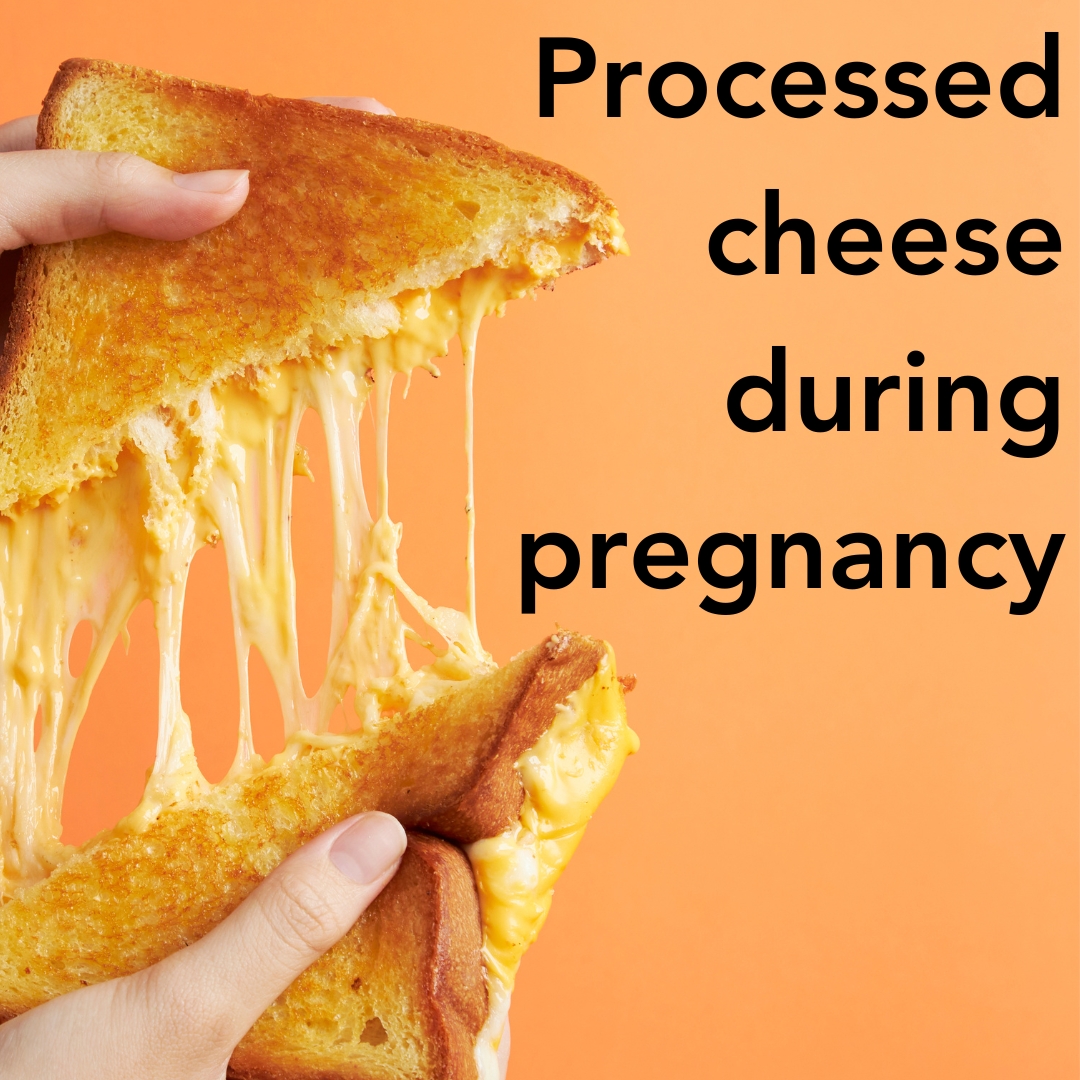
Final thoughts
Eating cheese is actually also recommended for pregnant women.
Dairy products and cheese are a regular part of our diet. Many people use them to meet their needs for important nutrients, especially calcium.
Cheese is therefore also allowed during pregnancy, but not all cheese is the same.
The way it is manufactured determines whether it could be contaminated with pathogens that, while not dangerous for healthy people, can have serious consequences during pregnancy, especially for the baby.
Processed cheese is heated to high temperatures during production and is therefore made from pasteurized milk.
Germs and bacteria cannot survive these high temperatures during production.
So feel free to eat your toast or burger with melted cheese.
In this article, in addition to the origin and production process of processed cheese, I have also given a brief overview of which types of cheese are okay to eat during pregnancy and which should be avoided.
